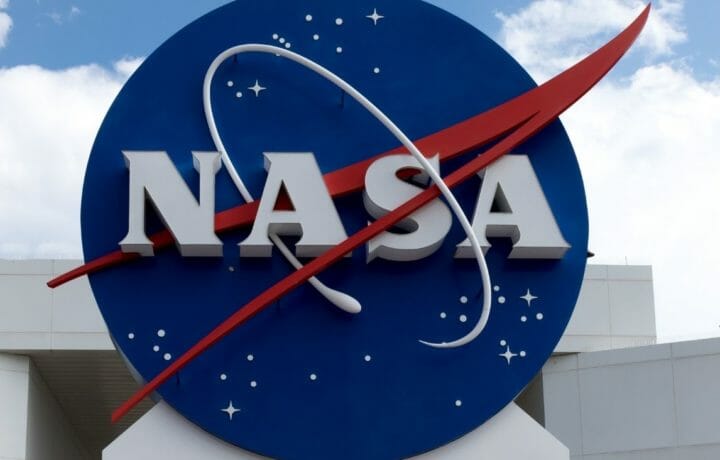Public Trust positions require individuals with the correct skillset and a high degree of trustworthiness. Different agencies, like NASA, determine if an opening or position is sensitive or non-sensitive and if sensitive, note whether the risk level is low, moderate or high.
According to NASA, the criteria for “public trust risk designations are used in conjunction with security clearance requirements to determine the investigative requirements for the position. Positions involving high degrees of public trust, e.g., those with broad policy making authority or fiduciary responsibilities, trigger a more thorough investigation than do positions requiring only the finding that an applicant or an incumbent has the requisite stability of character to hold Federal employment.”
This ClearanceJobsBlog subscriber has been supporting NASA in a public trust role but recently had eligibility revoked:
I have been working for NASA for almost two years after receiving a Tier 1 public trust position. My job duties required moving to a Tier 2. I just received a statement of reasons indicating that my Tier 2 is denied, and they have revoked my eligibility for public trust entirely. I cannot work for NASA at all without at least a Tier 1.
I will be appealing. If the appeal is unsuccessful, the suspension will stand and I will lose my job.
I’d love to hear from anyone who’s gone through Public Trust like this, especially if it is NASA specifically.
I’m getting conflicting information from folks about the process. Specifically:
-
This procedure: section 2.9.6, indicates that there are two possible appeals. The first is written, and the second would be via a panel called CARP. However, my contact at NASA states this is no longer true, and that my initial written appeal is the ONLY appeal I get. They stated that new policies have been enacted but the NPR has not been updated.
-
The NASA contact also stated that I would be barred from NASA employment for life if the appeal is not successful. Everyone else I have spoken with, both other folks in NASA security and general NASA employees, believe this to be untrue. Does anyone here have insight into this?
-
I am going to get a law firm that specializes in this to help with the appeal. So far I am looking at Bigley Ranish and Tulley Rinckey. Does anyone have experience with either of these, or another lawyer to offer?
SUITABILITY AND RESPONDING TO A STATEMENT OF REASONS
As you are walking through why you may have received a Statement of Reasons in the first place, think about the conflicting information you may have provided according to the adjudicating factors you are measured against, the questions you answered on the SF-85P/SF-86, and other suitability criteria you may be judged on.
Eligibility for employment with any federal agency, including NASA, is centered on suitability criteria that adjudicators weigh from your past and present behavior. This all will affect whether a potential employee can be trusted in a position of public trust. Suitability is different from your technical background or ability to perform a skill – it’s the “I would trust you in a trust fall scenario” factor.
When adverse information is obtained during personnel security background investigation, adjudicators usually expand the investigation further to get more details to make a determination that you shouldn’t remain employed or maintain a clearance.
If you still think you were mistreated with the Statement of Reasons, according to NASA procedural requirements, “the Center Director shall appoint a Credentialing/Fitness Adjudication Review Panel (CARP) to review the information surrounding the denial decision. The panel will be composed of three NASA civil servants who have demonstrated reliability and objectivity in their official duties. One, and only one, of the panel members must be a security professional. If use of a NASA security professional is not appropriate, a security expert from outside the Agency may be used on the panel. The individual may submit a written appeal to the CARP or they may request to appeal in person to the CARP. Any approved appearance before the CARP will be documented by means of a written summary or recording which will be made a part of the individual’s security record.”
Depending on why you were denied/revoked a public trust you could see limitations on reemployment, but a lifetime ban seems unlikely. Many agencies require that you wait a year before applying to obtain security clearance again. You chances of receiving a successful suitability designation are agency specific. In the case of the NASA applicant, it appears that while they indicate moving from public trust 1 to 2 investigations, it’s likely they’re moving from a basic suitability designation to a true position of public trust. And as we’ve advised previously, while the requirements for obtaining a clearance are the same, a more rigorous investigation can uncover additional details – and result in a denial of lower grade eligibility to suitability determinations.
Remember, NASA rejected Clayton Anderson 14 times before he eventually became an astronaut. If your issues can be mitigated before you apply to work with NASA again, swallow the pride pill and do the work to get you back on the right career path. If you believe your eligibility was denied improperly, and you have the data to show it, your chances of a successful suitability or security clearance determination are high.
Original post: Tier 2 Public Trust for NASA: Received Statement of Reasons



